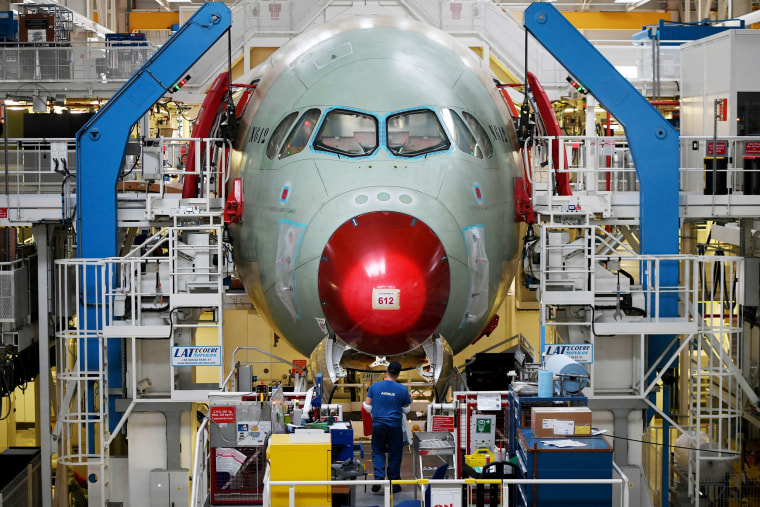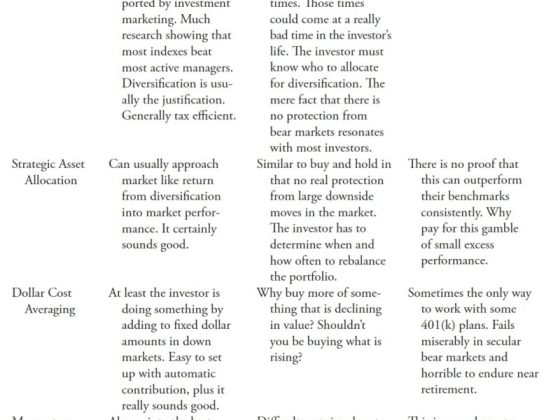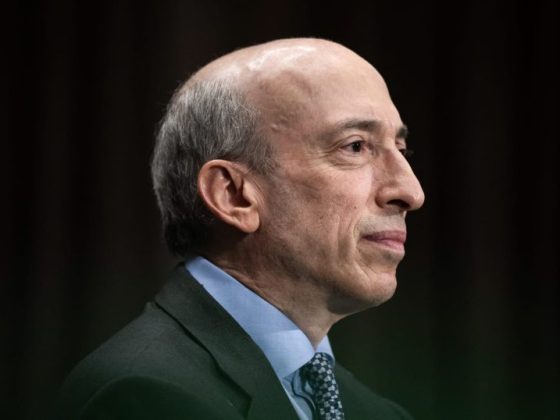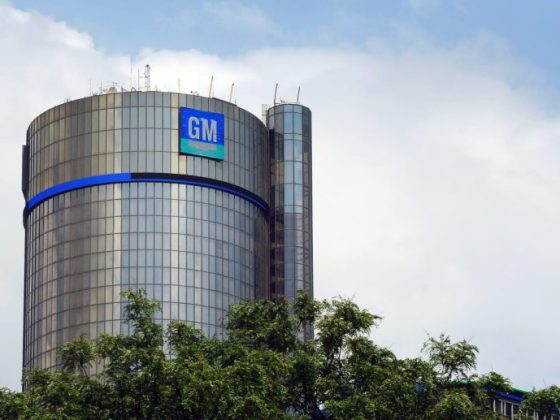Boeing and Airbus, two of the world’s leading aircraft manufacturers, may have used counterfeit titanium in some of their aircraft designs, the Federal Aviation Administration (FAA) has reported. This issue not only raises serious questions about safety, but also about the ethical sourcing and security of supply chains in the wider aerospace industry.
The alleged ‘counterfeit’ titanium in question is understood to have come from a supplier in Russia. The material, though technically still titanium, was identified not only as being below standard in its composition but also possibly falling short of meeting the stringent quality and durability requirements expected in the aviation industry.
Titanium, a highly resistant and versatile metal, is paramount for aircraft construction. It is used in different sections of an aircraft such as the fuselage, wing structures, and the engines due to its strength, low density, and resistance to corrosion. A compromise on its quality can have serious implications for the operation and safety of the aircraft.
The issue came to light when a batch of titanium was found not to comply with basic international standards needed for use in the aerospace sector during a routine audit. This led the FAA to question the origin of the titanium and asked both Airbus and Boeing for clarification. As both manufacturers relied on the same Russian supplier for a portion of their titanium supplies, the concerns instantly escalated to a potentially industry-wide problem.
Airbus and Boeing, in separate statements, have since emphasized that safety remains their top priority. They pointed out that all their planes undergo rigorous testing and quality control before they ever reach the consumer. The companies have collectively built thousands of aircraft using titanium, and there have been no documented crises directly linked to the use of this metal.
Nonetheless, the revelations have prompted a comprehensive review of redundancy checks and verification protocols. The central focus of the audits now is to ensure the titanium used in aircraft manufacturing meets the set standards, is properly certified, and is not counterfeit in any way.
This unfortunate incident has cast a spotlight on the necessity of rigorous quality control and transparency through the complex global supply chain network of the aerospace industry. It highlights an ongoing challenge: maintaining the highest safety standards while simultaneously sourcing materials in cost-effective ways.
The allegations of counterfeit titanium use are certainly serious and potentially damaging. However, they have not conclusively proven that Boeing or Airbus knowingly sourced or used substandard materials. The FAA, Boeing, and Airbus are working collectively and diligently to ensure that counterfeit materials do not enter the supply chains, posing threats to aerospace safety.
This incident also triggers further questions about the need for more stringent quality controls and regulated supply chains more universally. It exposes an area where the aviation industry, notwithstanding its extensive safety protocols, can still improve. Furthermore, it underscores the need for continuous and thorough checks in the production design and manufacturing process, to ultimately ensure the safety and integrity of all flying passengers and crew.
In the wake of these revelations, both Boeing and Airbus have pledged to boost their quality control measures and audit processes, particularly with regards to their supply chains. The commitment of these industry giants to safety and quality is bound to usher in enhanced processes and rigorous verification checks that reinforce and uphold the confidence in air travel that millions place in them every day.











